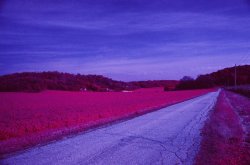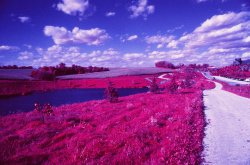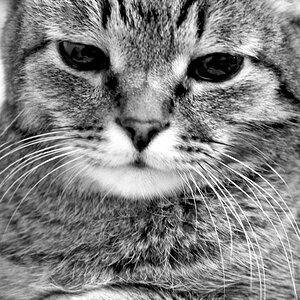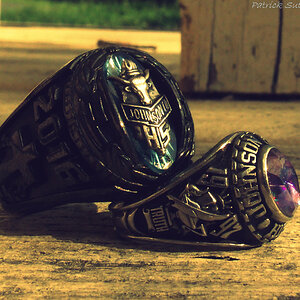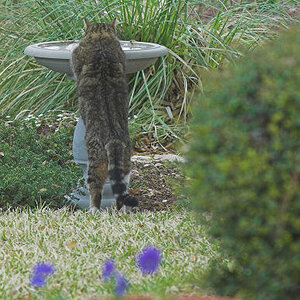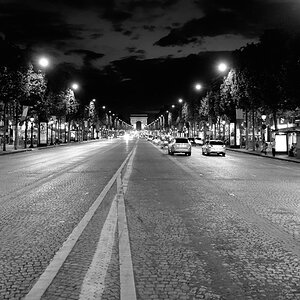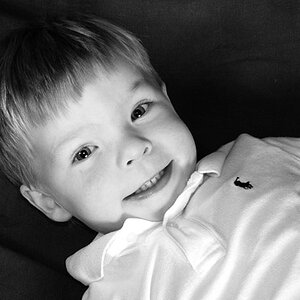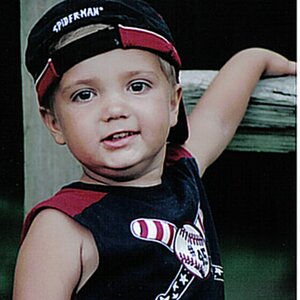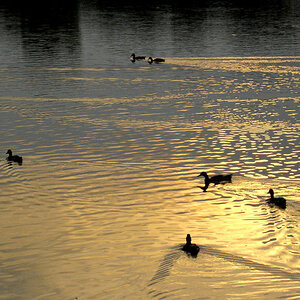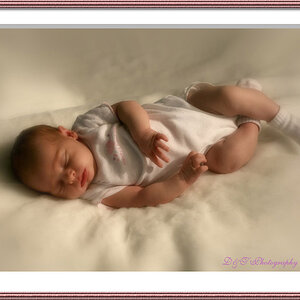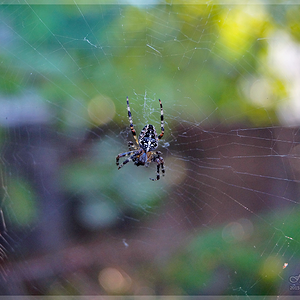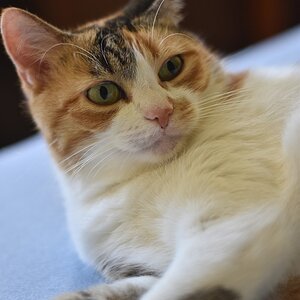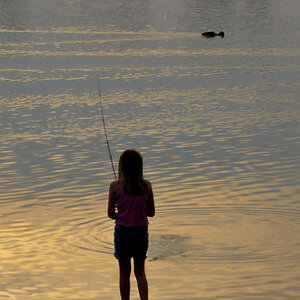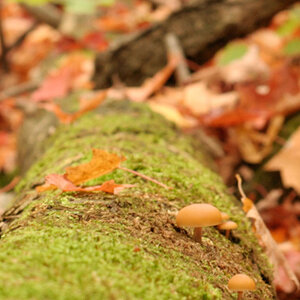petrochemist
TPF junkie!
- Joined
- Mar 9, 2014
- Messages
- 1,873
- Reaction score
- 608
- Can others edit my Photos
- Photos OK to edit
The IR will vary significantly with light source, if using natural sunlight this will vary with the time of day & season of the year. Cloud cover will probably have a significant effect too. Using the same artificial lighting you'd get a constant ratio (tungsten lamps will vary with the temperature of the bulbs, and xenon flash will be different again), but I know that's not how most people shoot IR. If you can track down the spectral power distribution graphs they could give you a clue. I've recently seen some on line that covered average sunshine, blue sky etc and went out to over 2000nm which I suspect is more than film will be sensitive to.
I shoot digital IR, mainly with a full spectrum converted camera, which is much easier than film. For me the metering is correct - my camera being mirrorless meters from the sensor, and of course I have digital's instant feedback. When shooting outside without a filter (visible & IR) the amount of IR character has varied widely. On these occasions I suspect the amount of IR compared to visible has probably varied over about a ratio of 5:1 (typical IR shooting weather might bring this down to 2:1, I use my converted camera in some rather untypical conditions). Sometimes the IR portion is roughly similar to the visible - plants noticeably brighter - sometimes it's barely noticeable with just a few man made colors coming out wrong from the IR.
If you shoot a lot of IR I'd expect you'll gradually get a feel for the likely degree of variation in the meter based on how hot it feels, though the learning curve will be steeper with film. The older IR photography books I have all recommend bracketing...
I shoot digital IR, mainly with a full spectrum converted camera, which is much easier than film. For me the metering is correct - my camera being mirrorless meters from the sensor, and of course I have digital's instant feedback. When shooting outside without a filter (visible & IR) the amount of IR character has varied widely. On these occasions I suspect the amount of IR compared to visible has probably varied over about a ratio of 5:1 (typical IR shooting weather might bring this down to 2:1, I use my converted camera in some rather untypical conditions). Sometimes the IR portion is roughly similar to the visible - plants noticeably brighter - sometimes it's barely noticeable with just a few man made colors coming out wrong from the IR.
If you shoot a lot of IR I'd expect you'll gradually get a feel for the likely degree of variation in the meter based on how hot it feels, though the learning curve will be steeper with film. The older IR photography books I have all recommend bracketing...


